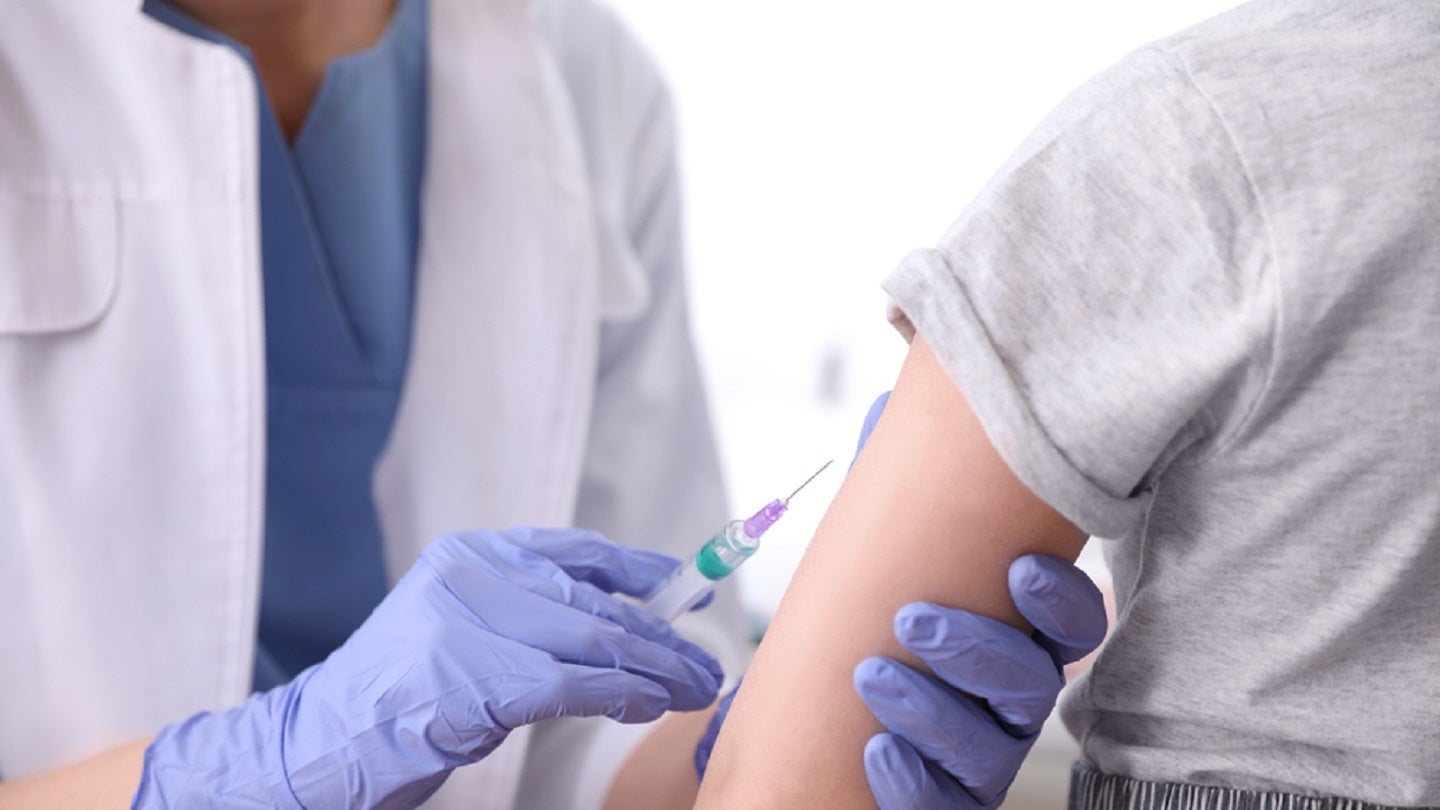
Replicate Bioscience has dosed the first patient in a Phase I clinical trial of its RBI-4000 vaccine to prevent rabies.
The study is designed to assess the tolerability, safety, and immunogenicity of the next-generation srRNA vaccine.

Discover B2B Marketing That Performs
Combine business intelligence and editorial excellence to reach engaged professionals across 36 leading media platforms.
It intends to enrol a total of 84 participants in the US.
The vaccine provided durable protection against the rabies virus and was found to induce antibodies and virus-specific T cells in preclinical studies.
Replicate Bioscience founder and CEO Nathaniel Wang said: “Rabies represents an ideal opportunity to provide rapid clinical validation of our novel vaccine technology given the large exposure-naive population and established correlates for protection as measured by the World Health Organization (WHO).
“Dosing our first participant is a significant milestone for our company as we advance our next-generation srRNA technology across several disease areas.”

US Tariffs are shifting - will you react or anticipate?
Don’t let policy changes catch you off guard. Stay proactive with real-time data and expert analysis.
By GlobalDataThe company’s off-the-shelf srRNAs comprise RNA encoding therapeutic proteins and a virally derived genetic code to drive controlled and self-limiting amplification.
Replicate Bioscience chief medical officer Zelanna Goldberg said: “Replicate’s srRNA technology offers the potential for more robust and durable immune responses, and improved tolerability at lower doses than existing mRNA approaches.
“In infectious disease specifically, our srRNA technology unlocks opportunities to effectively address more complex infectious disease indications and allows us to rapidly develop vaccine candidates to treat or prevent illness, a crucial capability for future pandemic readiness.”
The trial data will further be used to initiate clinical trials in oncology and autoimmune diseases.





